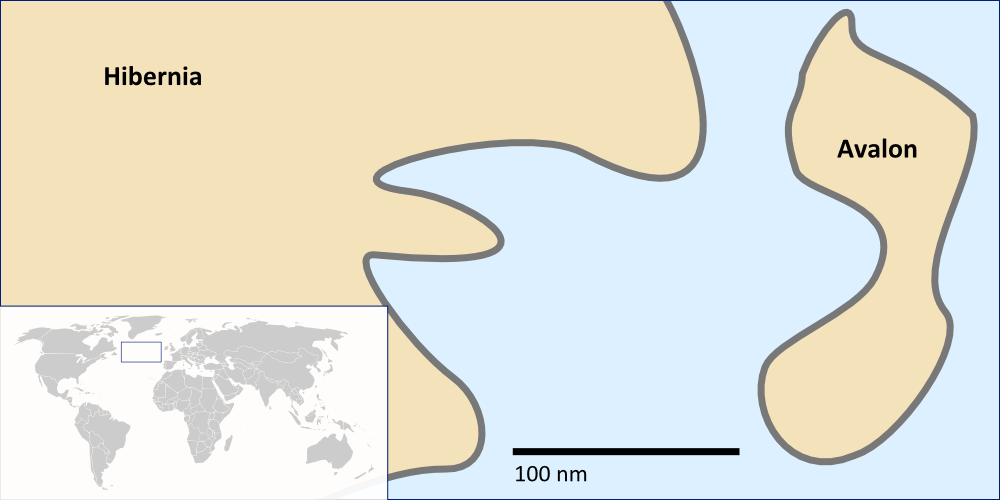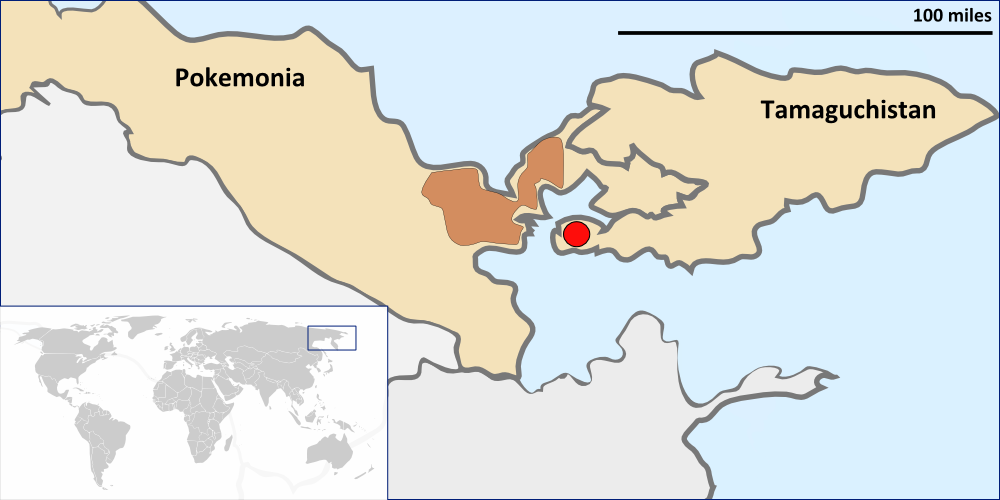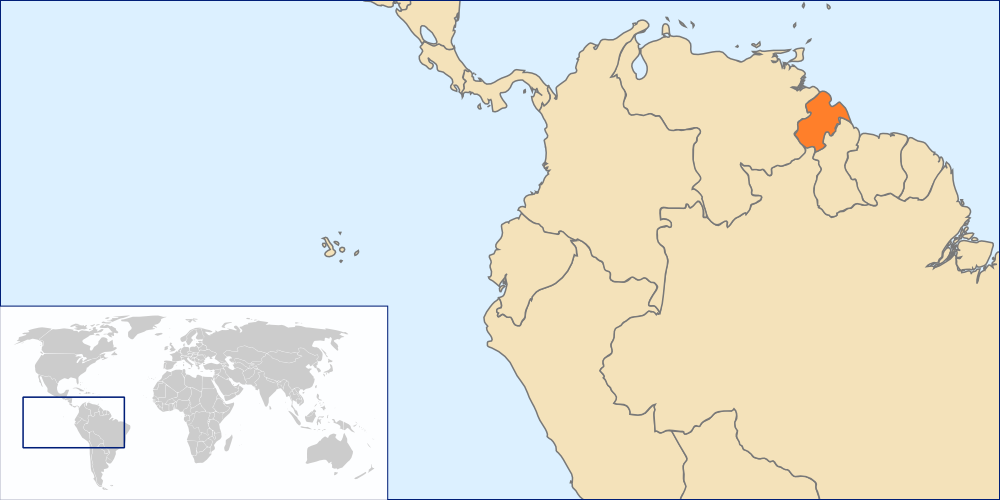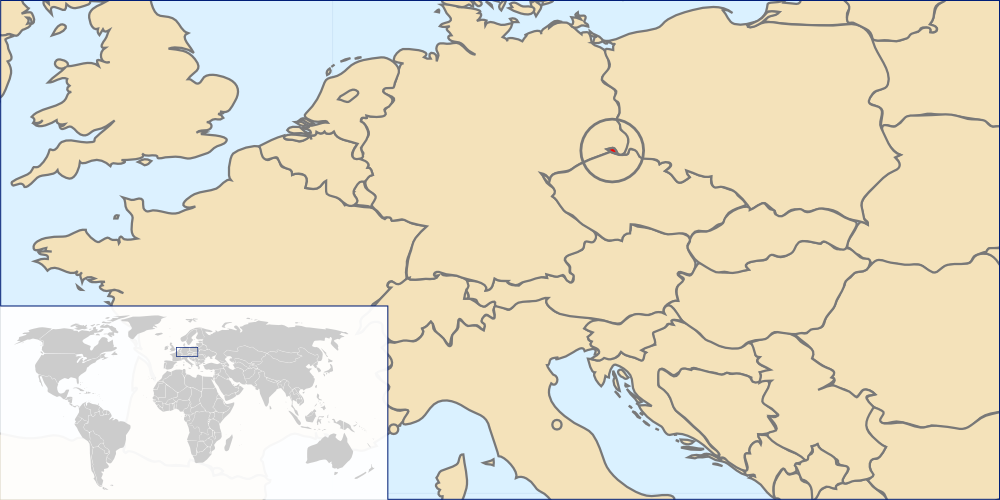The Final Examination
The Document
If you have forgotten (or lost) your copy of the final exam, you can download a version of it here (doc | pdf).
The Cases
The following are online versions of the cases for the final examination.
- Case 2.1: Sovereignty over the Spratly Islands
- Case 2.2: Fishing Rights over the Irrawaddy Dolphin in the Great Western Bight
- Case 2.3: On the Legality of the Acts in Metsuchin
- Case 3.1: Diplomatic Transport on the High Seas
- Case 3.2: Forced Retention of Non-Citizens
- Case 3.3: Regarding the Citizenship of Tommy Albright
Case 2.1: Sovereignty over the Spratly Islands
There is no specific case, per se, concerning the Spratly Islands. The question at hand is this: “To whom do the Spratly Islands belong?” To successfully answer this question, you need to weigh the validity of the claims of each of the five states involved and reach a final decision. The five states are the People’s Republic of China, the Republic of China, Malaysia, Vietnam, and the Philippines.
Case 2.2: Fishing Rights over the Irrawaddy Dolphin in the Great Western Bight
(Avalon v. Hibernia)

The people living on the island of Avalon rely heavily on the abundance of Irrawaddy Dolphin for food and commerce. Approximately 50% Avalonians are fishermen; several fish cleaning and dressing facilities operate; and many restaurants that serve the island’s fresh seafood, especially its delicacy, the Irrawaddy Dolphin (Orcaella brevirostris).
Unfortunately, Avalon’s great fishing and abundant marine life also attract tourists from the island of Hibernia, forty nautical miles distant at their closest points. Some Hibernian fishing trawlers have recently been seen fishing for the Irrawaddy Dolphins in the waters of the Great Western Bight.
Avalon has gently curving, unobstructed shorelines all around the island, except for the Great Western Bight, an area of indented coast where the Avalon River drains into the sea. This area is the primary habitat for the Irrawaddy Dolphins, who are attracted to the small shrimp that thrive in the freshwater/saltwater mouth of the river.
When confronted by the Avalonian President, Hibernia defends its pursuit of the fish, stating that they are fishing in international waters according to the 1945 Treaty of Camelot, which defined all non-internal waters between Avalon and Hibernia as international. Avalon asserts two things. First, the waters in question are internal waters, and are thus not affected by the Treaty of Camelot. Second, as both states signed the UN Convention on the Law of the Sea, that treaty takes precedence.
Avalon’s fishermen are beginning to get angry, as they have been the only ones to hunt the Irrawaddy Dolphin for years. The citizens who depend on the fish for their livelihood are getting worried that perhaps their skills and services will no longer be needed if Hibernia is able to hunt the fish for which the island of Avalon is famous.
Avalon brings Hibernia to the International Court of Justice, which decides to give the case to you alone to decide.
Case 2.3: On the Legality of the Acts in Metsuchin
(Republic of Tamagotchistan v. Kingdom of Pokemonia)

On 2 March 2008, the Republic of Tamagotchistan filed a complaint to the International Court of Justice due to the actions of the Kingdom of Pokemonia that they consider acts of aggression and acts of war.
During the period between 14 February and 2 March, Pokemonia has been testing conventional explosive devices in a military operation in the Pokemoni desert region called Metsuchin. Metsunchin is a region entirely within Pokemonia, but with the nearest city being in Tamagtchistan: Tamagochun is 25 miles from the center of the military activities (which include the blasts). There are no roads or cities within Metsunchin.
There have been no casualties due to the military operations thus far. President Bandai of Tamagotchistan notes, however, that the amount of sand and grit in the air has increased more than 500% since the beginnings of the operations. This casts a pall over the entire Tamagotchi land and makes defensive military maneuvers impossible. In fact, Tamagotchistan can no longer fly its F-16 fighter jets because of the level of sand and grit in the air. President Bandai has placed his military on vermillion alert (an equivalent of DEFCON 1), fearing an incipient attack from Pokemonia, a traditional rival in the region.
Malik (king) Tajiri of Pokemonia replies that the increased airborne sand is due to the increased winds and not to the military operations. As such, the military operations, including the bomb tests, continue. Malik Tajiri sees the Tamagotchi military mobilization as merely an excuse for war.
Is Tamagotchistan legally justified in declaring war on Pokemonia now?
Case 3.1: Diplomatic Transport on the High Seas
(The Sovereign Republic of Neverland v. The United States of America)

Neverland is a small state in northern South America. As with most Latin American states, it has suffered a history of political (and economic) instability. Since it gained independence from Spain in 1898, there have been no fewer than nine coups in this small banana republic. Throughout much of the Cold War, Neverland regularly switched allegiance between the United States and the Soviet Union, attempting to gain the greatest economic benefit. Its rulers have tended to be varying degrees of center-left in terms of economy, and varying degrees of brutal in terms of politics.
In 1984, President Ronald Reagan met with Captain Hook, the junta leader of Neverland, who gained his leadership role through the 1983 (relatively bloodless) military coup in which over 1000 Neverlanders died. The purpose of the meeting was to negotiate a treaty designed to stabilize the state and to avoid a leftist coup.
In addition to an extradition treaty (TIAS 314159), Reagan signed, and the Senate ratified, this treaty of friendship and non-interference with Neverland. This treaty, called the Perpetual Treaty of Friendship and Assistance between the United States and the Sovereign Republic of Neverland (PTFABUSSRON), had three primary provisions of interest to us. One of the provisions of this treaty provided the US Coast Guard with full access and authority in the territorial waters of Neverland. A second provision asserted that the United States would hereafter have authority to intervene in Neverland’s affairs in the event of social and political unrest. A third provision held that, the United States has full authority to train and equip Neverland’s police force.
On March 25, 2005, Peter Pan and his Lost Boys finally wrested control of Neverland from Captain Hook (in a relatively bloody coup), who fled to the United States to avoid charges of torturing some of the Lost Boys and their Fairies. Four months later, on July 25, the US Congress passed, and President Bush signed, the Fairy Dust on the High Seas Act (FDHSA/2005), which made the possession of any amount of Fairy Dust a crime, with a maximum penalty of life in prison and a $50,000,000,000 fine. For those who do not know, Fairy Dust is a very addictive and powerful hallucinogen. It is also dangerous, as it kills once every thousand uses. Few states in the United Nations agree that Fairy Dust is an illicit drug, but the United States is trying to gain support for a universal ban on it. So far, only the United States, Colombia, Brazil, and the European Union (and its member states) have made Fairy Dust illegal.
Two weeks later, Chancellor Pan (Neverland’s Head of State and Head of Government) and President George W. Bush signed an executive agreement agreeing that the US Coast Guard no longer had any authority within Neverland’s territorial waters and that the US Coast Guard would no longer be allowed in Neverland’s territorial waters. The US Congress initiated legal proceedings claiming that the executive order violated the Constitution, as it altered a treaty.
Last week, the US Coast Guard, patrolling inside the territorial waters of Neverland, exercised what it called its “right of approach” on a flagless vessel carrying Ambassador Tinkerbell and four and a half tons of Fairy Dust. Upon inspection of registration documents, the US Coast Guard found the boat to be of Neverland registry. Tinkerbell was returned to the United States and charged with possession of Fairy Dust. Pan objected. Bush did not.
Pan held that the ship was Tinkerbell’s diplomatic pouch. Tinkerbell is the Neverland ambassador to Cuba. Pan and Tinkerbell assert that the ship was en route to Havana from the capital of Neverland, Wendyville. Additionally, Pan argues that the pixie dust was property of the Neverland government, that Tinkerbell is an agent of the state of Neverland and that the dust was to be sold in Cuba to raise money for the State of Neverland to combat poverty and Michael Jackson.
Neverland wants the United States to perform its duties under the 1985 extradition treaty between the United States and Neverland. The United States claims that the treaty is null and void because of the bloody coup; the current regime is illegitimate.
The Republic of Neverland is a party to the Vienna Convention on the Law of Treaties, the UN Conventions on the Law of the Seas, and the Outer Space Treaty. Neverland is a member of NAFTA, the United Nations, and the Organization of American States (OAS).
Neverland is suing the United States in the Permanent Council of the OAS for violations on the OAS Charter, especially Chapter IV. The Permanent Council has determined that they have jurisdiction in this case. As such, they have handed the case to you to decide. Is the United States in violation of the OAS Charter? If so, what is an appropriate penalty to levy against the United States?
Case 3.2: Forced Retention of Non-Citizens
(Gray Faulkner v. King Rudolf V)

Faulkner Petroleum, an independent oil and natural gas producer based in Texas, has recently expanded its operations to the landlocked state of Ruritania after winning contract bids to work for the government. Ruritania is located between the Czech Republic and Germany. They are neither a member of the United Nations nor of the European Union.
Before the discovery of natural gas, fully 75% of its economy was based on banking. It is autocratic with a small ruling elite, but draws its ruling talents from all over the world, including a Yale educated Nebraskan Finance Minister. The recent discovery of natural gas occurred when an itinerant Czech farmer miscalculated the border and wandered on to Ruritanian land to drill a well to water his cows (wealthy land owners will not let peasants use the stream water). In the process of digging his water well he hit a pocket of natural gas.
Eager to exploit this new resource, King Rudolf V searched for a small oil company with whom he thought he would be able to strike a deal. Faulkner Oil won the contract and began a private-capital solicitation from area Texans and through the Ruritanian banking sector. The company was able to raise $10 million from Texans and $1.5 million from the Ruritanian banking community. While the capital was tight, the company was able to transport the necessary drilling rigs and most of its Texas-based employees. It began drilling in the Ruritanian Veldt and was able to strike gas at all 25 of the initial test wells. With the production secure, and nearly 2.5 trillion cubic meters in reserves, Faulkner Petroleum built a natural gas pipeline to service Germany.
Rudolf, a long-time sympathizer with the Soviet Union who studied at Moscow State University, was not afraid to enter into competition with Gazprom, interestingly enough. As such, the pipeline was built and a final agreement was reach at the 50/50 level of pricing control and profit sharing for the Faulkner/Ruritanian joint venture. Once the pipeline and natural gas production were off and flowing, Rudolf V began to become uneasy with some of the Texas company’s ways. Although long known in Texas for being a wildcat company and for taking large risks, Faulkner Petroleum acted with restraint in Ruritania, hoping to maximize production and profit. Rudolf, eager to prevent wildcatting and to reap more of the profits for his country, decided to expropriate all materials belonging to the joint Faulkner/Ruritania venture. Rudolf also mandated that the upper-level management team leave the country within 30 days.
Faulkner was further instructed to leave all lower level employees and infrastructure to continue the production of natural gas. CEO Gray Faulkner protested, but he and his senior executive team were deported. Their lower staff were denied exit visas and forced to stay and continue production. Gray Faulkner arrived back in the United States and decided to sue King Rudolf V for damages pertaining to the expropriation of resources, and for trapping his employees in Ruritania.
As he lives in Tyler, and as Faulkner Petroleum has Tyler as its corporate address, Faulkner took the case to the US District Court for the Eastern District of Texas. You are the judge of that court hearing the case. What is your verdict?
Case 3.3: The Citizenship of Tommy Albright
(Tommy Albright v. Brigadoon)

Tommy Albright, a citizen of the United States of America, has recently decided to travel to far away Brigadoon to spend a week relaxing. While there, Tommy thoroughly falls in love with the culture and lifestyle of the local Brigadonners (and with one Meg Brockie); he would love to live there for the rest of his life. As such, he decides to give up his American citizenship. As there is no American Embassy in Brigadoon, Tommy realizes he must make this very official.
To that end, he invites Angus McGuffie, a dairy vendor and notary public, to McConnachy Square. Then, at the stroke of noon, Tommy clearly and loudly states before all to hear that he fully and irrevocably renounces his American citizenship. Tommy Albright, out of pure excitement from his new situation, fails to look up any of the above information after renouncing his American citizenship. He just assumes he is now a citizen of Brigadoon since he gave up his other citizenship, found a job, found a residence, and found a wife (Meg Brockie).
However, according to Brigadonner Law, one can become a citizen in one of only three ways. First, one can be born to Brigadonner parents. Second, one can be born on Brigadonner soil. Third, one can attain citizenship through the naturalization process, which requires ten years of documented residency, ten years of gainful employment in Brigadoon, an extensive course of studies on Brigadonner history and culture, and a lack of a criminal history. The first two are not paths available to Tommy.
Almost a decade later, Tommy makes the mistake of participating in a barroom brawl that causes severe property damage and injures two patrons. The local constable arrests all involved in the fight and takes them to jail. While in jail, Tommy is given three square meals daily, shower opportunities, a bed, a semi-private toilet, and opportunities stroll within the gates. Brigadoon has high standards in its justice system. Typically, one only waits a day in jail for arraignment and is then released if the judge feels that there is no flight risk. Brigadoon’s constitution guarantees trials within six months of arraignment.
Tommy is arraigned after a two-week wait. Upon arraignment, Tommy is held in jail and not released because of the perceived flight risk. Tommy argues that he should be released since Brigadonner citizens are granted that privilege. The court argues that he is not a citizen; he never applied for citizenship. Additionally, the Brigadonner constitution also states that they have the right to detain any stateless person the courts deem necessary.
After hearing this, Tommy calls his brother-in-law Jeff Douglas, an attorney specializing in international law from New York City, to fix his problems. The United States denies Tommy’s citizenship, but Jeff goes to Brigadoon to argue on Tommy’s behalf.
You are Archie Beaton, seller of wool and plaids and the Judge of Brigadoon’s District Court (a court of first instance). Jeff Douglas brought the case to your court. Three important questions arise before the trial even starts: Is Tommy a stateless person? Does Brigadoon have the right to detain stateless people as their courts see fit? Are there any concerns about violations of an International Minimum Standards with respect to denying release of Tommy Albright? In a well-organized essay, answer each of these three questions in the setting of the case before the court.
![Flag of the United Nations [=]](http://www.kvasaheim.com/flags/flag15-un.png) 19 2008.
19 2008.